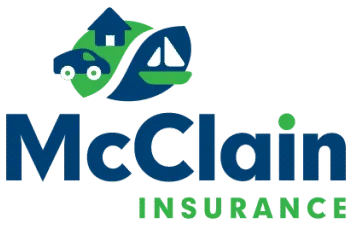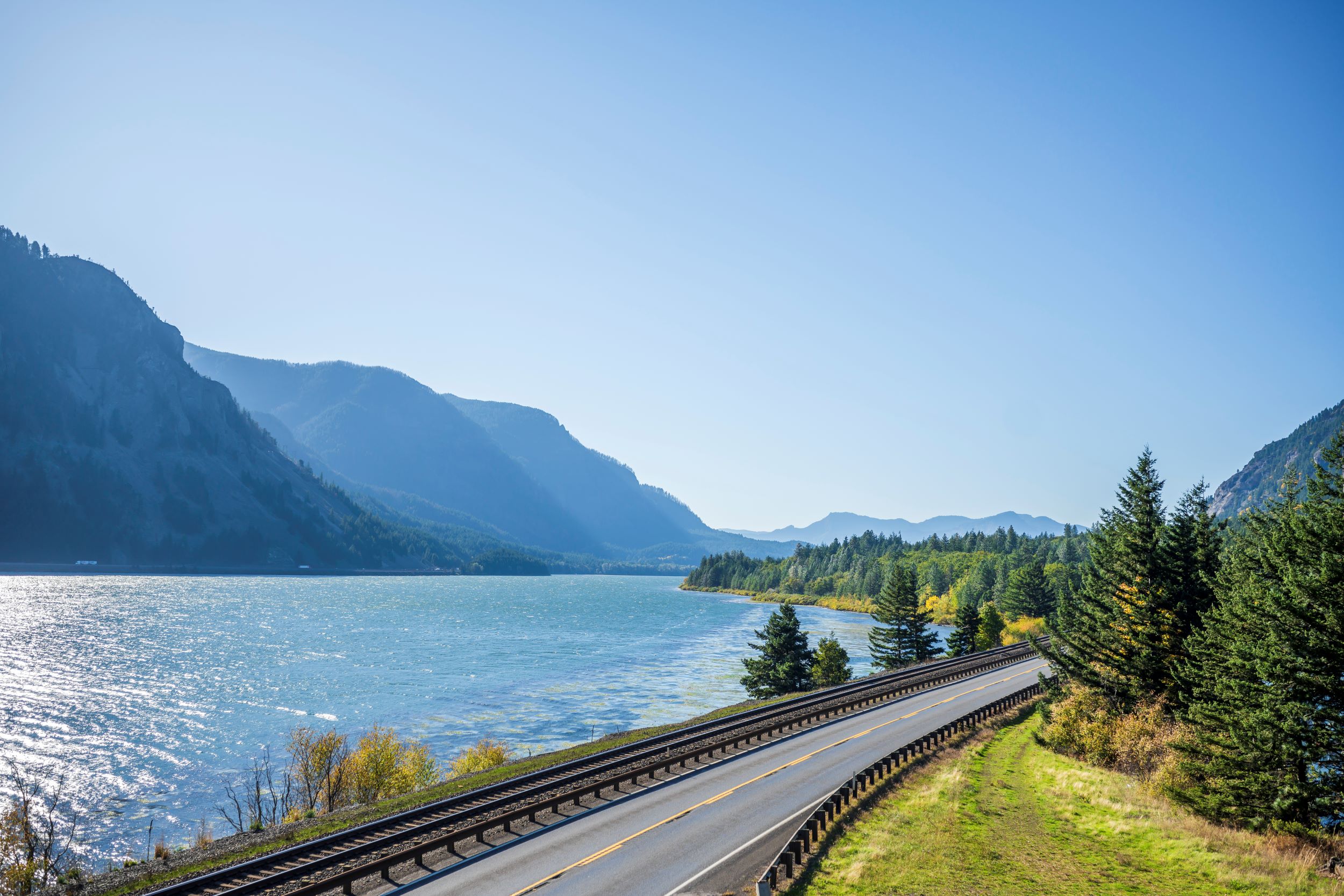30 million Americans are expected to hit the great outdoors this year to enjoy road trips and camping. About 8 millions of those happy campers will vacation in style in an RV or Travel Trailer. Are you one of them?
This is the time to get your RV ready for the road. Check out our quick spring checklist:
1. Give It A Good Look-Over
Inspect your RV for water leaks. Check the caulking around windows, doors, roof vents and seams. Water may intrude even through the smallest cracks and cause damage.
Open and close awnings. If they are difficult to operate, you may need to adjust the spring tension. This can be a difficult and dangerous job to do, so be very careful or cosider hiring a pro.
Don’t forget to check brake pads, lights and turn signals, as well as the hitch and wires on the tow vehicle.
Make sure your vehicle’s tires have adequate tread and tire pressure. Check for bulges as well as cracks in the tires’ sidewalls and between treads. Jack up your trailer and test the wheel bearings on each wheel, making sure there is no play or wobble. Worn bearings and / or tires can cause major mechanical problems, not to mention potentially deadly accidents.
2. Clean It Up
Remove outside covers for water heater and refrigerator and clean the burner units from debris and cobwebs.
3. Hoses and Valves
To check LP lines, be sure to turn on the LP detector inside the RV first. Then, open the tank valve all the way and smell carefully for possible leaks. Also, run a soapy water solution around the valves and look for bubbles. Be sure that all leaks are detected and fixed properly.
Also, inspect the sewage dump hose for punctures and signs of wear and tear. Dump hoses have a limited life span and need to be replaced periodically. Also, don’t forget to connect to a dump station and carefully check your waste tank valves before you head out for the first trip of the season. Valve seals may dry out and become difficult to operate, but they may be saved with some gentle wiggling. Look for special valve lubricant to add to your tank.
4. Batteries
Batteries ought to be both cleaned and tested at the beginning of the season. Cleaning corroded battery terminals and connections and checking battery fluid levels can be a dangerous job. Be sure to wear safety goggles and latex gloves, have the shore power disconnected and main shut-off in off position. If you have to remove wires, be sure to mark all connections with masking tape and marker.
You may also need to do a load test, which is best done by a professional. Don’t forget to have batteries fully charged before the test, as a low charge may actually cause the battery to fail the test. If the batteries need to be replaced, replace multiple banks together. Avoid combining old and new batteries.
5. Smoke Detectors
Test smoke detectors and replace the batteries. Equip your RV or Travel Trailer with a CO detector if it doesn’t already have one.
6. Tanks and Fluids
Drain antifreeze from holding tanks, shut off the water heater bypass and refill the propane and water tanks according to manufacturer’s instructions. Before filling with water, check the hot water bypass valve with faucets closed. Then, during filling, open a hot and a cold water faucet to let air escape until the water runs steady. Don’t forget to check faucets, plugs and valves for leaks and fix where necessary. Run enough water through each faucet to be sure that all RV antifreeze is removed.
7. Appliances
Test fire appliances after getting the gas and water systems up and running. Be sure the LP gas leak detector is on; then light a stove top burner. This will fill the LP lines and the burner’s easy-to-see flame will tell you when the air in the line is purged. Then, light and test other LP-fired appliances. Be sure that the water heater is full before you ignite it.
8. Get Your Insurance Up To Speed
At McClain Insurance Services, we offer customizable protection plans for your RV, Travel Trailer, and “Summer Toys” such as ATVs or Jet Skis. Give us a call today at 425-379-9200 for a free, no-hassle insurance quote. We are here to help – whether you live in Washington, Oregon or Utah.

